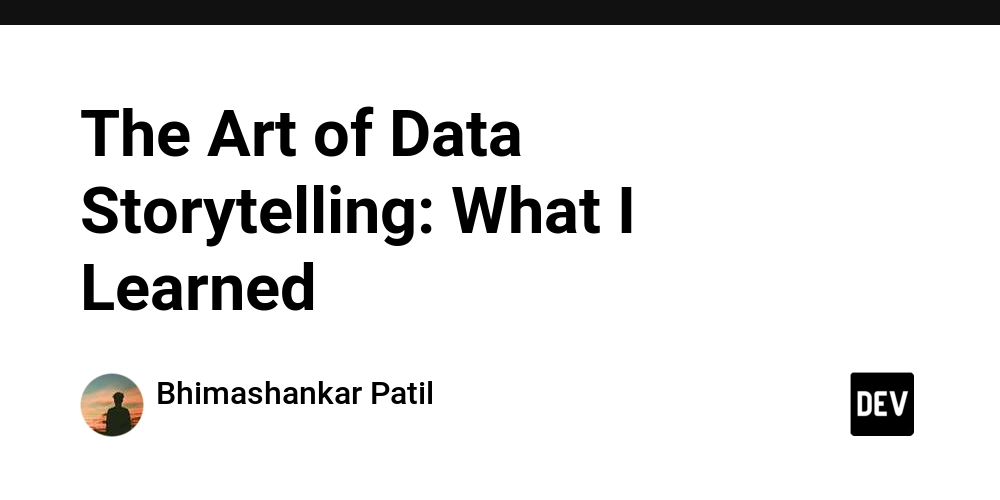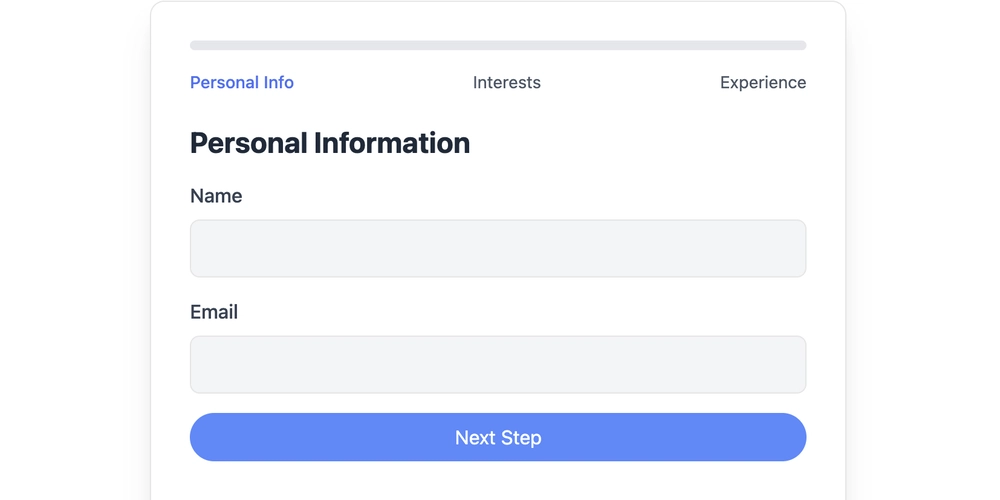
Say Goodbye to Undefined Fields: A Practical Go Solution with omitzero
Frustrated with handling optional or nullable fields in Go? Struggling with omitempty and pointer workarounds? Discover a cleaner, more robust solution using Go 1.24's omitzero tag and a clever Undefined wrapper type. This approach simplifies marshaling, unmarshaling, and differentiating between zero, null, and absent values, leading to more maintainable and less error-prone code.
The Problem with omitempty: A Go Developer's Headache
Go's lack of a native "undefined" value has long plagued developers. The common workaround, using omitempty struct tags, often falls short. omitempty behavior is inconsistent across types. It treats zero-length slices/maps, nil pointers, and zero-valued primitives as "empty," but structs are never empty, leading to unexpected results.
Worse, when unmarshaling, omitempty offers no way to distinguish between a missing field and a field explicitly set to its zero value. This ambiguity makes handling optional and nullable data a complex, error-prone task.
Pointers to the Rescue? A Limited Workaround
Go developers often resort to using pointers with omitempty to represent optional fields. This allows you to omit nil pointer fields during marshaling and detect missing fields (as nil pointers) during unmarshaling.
However, this workaround fails when dealing with nullable values, where null is a valid, accepted value. Pointers with omitempty cannot differentiate between a truly absent field and a field explicitly set to null. Furthermore, excessive pointer usage introduces nil-checking overhead and code clutter, reducing readability and maintainability.
omitzero to the Rescue: Simpler, More Consistent Behavior
Go 1.24 introduced the omitzero tag, offering a more straightforward solution. omitzero omits fields with their zero value or, crucially, structs where all fields are zero-valued.
No more default "0001-01-01T00:00:00Z" time.Time values cluttering your JSON! But what about handling nullable values or distinguishing between zero/null/absent values?
Introducing the Undefined Wrapper: The Complete Solution for Handling Optional and Nullable Fields in Go
Leveraging omitzero's consistent struct behavior, we can create a generic Undefined wrapper type to solve these remaining issues:
The Undefined struct's Present field indicates whether a value was explicitly provided. Combine this with omitzero, and the magic happens!
UnmarshalJSON: Capturing Presence
During unmarshaling, the UnmarshalJSON method sets Present to true if the field exists in the JSON:
If the input lacks the field, UnmarshalJSON isn't called, and Present remains false.
MarshalJSON: Respecting Absence
The MarshalJSON method simply marshals the underlying value:
The omitzero tag on the Undefined field ensures that the field is omitted if Present is false (meaning the struct is its zero value).
IsZero: Standard Library Harmony
The IsZero() method integrates with Go's standard JSON library, allowing omitzero to correctly identify zero values:
Practical Benefits: Simplified Marshaling and Unmarshaling of Nullable data in Go
This Undefined wrapper, combined with omitzero, provides a clean, unified mechanism for handling:
- Optional fields: Easily determine if a field was present in the input.
- Nullable values: Represent explicit
nullvalues distinctly from absent fields. - Zero values: Differentiate between a field set to its zero value and a completely missing field.
Beyond JSON: Database Scanning
The same Undefined pattern can be extended to database scanning, enabling you to determine if a column was selected in a query!
Go Further with Goyave
This Undefined type is part of the Goyave framework, which offers a wealth of helpful tools and features for Go development. Explore Goyave to streamline your Go projects and write cleaner, more robust code. Start leveraging omitzero and the Undefined wrapper today for consistent handling of defined and undefined fields in Go!























